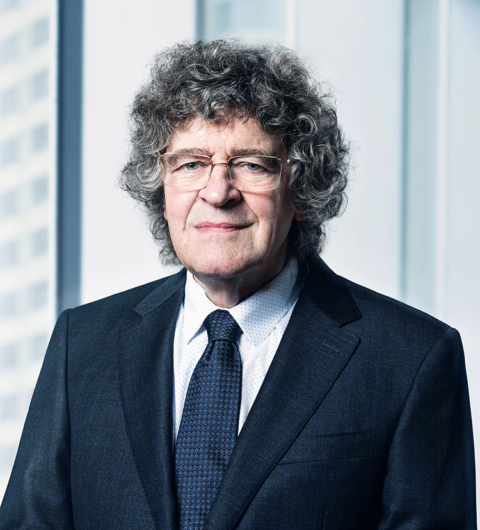James Lockyer C.M., is a partner in the Toronto office of Lockyer Zaduk Zeeh.
Mr. Lockyer obtained his LLB at the University of Nottingham in 1971 and in 1974 was called to the Bar in England as a barrister. In 1972-1973, he was an Assistant Professor of Law at McGill University and from 1974-1977 he was an Assistant Professor of Law at the University of Windsor. In 1977, he was called to the Ontario Bar and began to practice criminal law. He has been a criminal lawyer for 45 years doing trial defence and appeal work. Since 1992, much of his practice has involved unravelling wrongful convictions.
In 2001, he received the G. Arthur Martin Criminal Justice Medal from the Criminal Lawyers’ Association. In 2005, he received the John Howard Society’s Award for Distinguished Humanitarian Service. In 2006, he was named a fellow of the American College of Trial Lawyers. In 2012, he received the Award for Justice (Advocates Society). He has received six honorary doctorates from the Law Society of Upper Canada and five Canadian Universities.
In December 2018, he was made a member of the Order of Canada.
Mr. Lockyer is a founding director of Innocence Canada (formerly known as the Association in Defence of the Wrongly Convicted (AIDWYC)), a Canada-wide organization that advocates for the wrongly convicted. In that capacity, he has been involved in several high-profile cases which he demonstrated were wrongful convictions including those of:
- Guy Paul Morin, First Degree Murder (Queensville, Ontario 1995)
- David Milgaard, Non-Capital Murder (Saskatchewan 1997)
- Clayton Johnson, First Degree Murder (Nova Scotia 1998)
- Greg Parsons, Second Degree Murder (Newfoundland 1998)
- Peter Frumusa, First Degree Murder (Niagara Falls 1998)
- Gordon Folland, Sexual Assault (Hamilton 1999)
- John Willis, Sexual Assault x 4 (Michigan 1999)
- Kulaveerasingam Karthiresu, Second Degree Murder (Toronto 2000)
- James Driskell, First Degree Murder (Manitoba 2005)
- Steven Truscott, Capital Murder (Goderich, Ontario 2007)
- William Mullins-Johnson, First Degree Murder (Sault Ste. Marie 2008)
- Robert Baltovich, Second Degree Murder (Toronto 2008)
- Anthony Hanemaayer, Break and Enter (Toronto 2008)
- Erin Walsh, First Degree Murder (New Brunswick 2008)
- Sherry Sherret-Robinson, Infanticide (Belleville 2009)
- Kyle Unger, First Degree Murder (Manitoba 2009)
- Jack White, Sexual Assault (Orillia 2010)
- Romeo Phillion, Non-Capital Murder (Ottawa 2010)
- Camille M., Manslaughter (Ottawa 2010)
- Cheryl F., Infanticide (Barrie 2010)
- Tammy Marquardt, Second Degree Murder (Oshawa 2011)
- Richard Brant, Aggravated Assault (Coburg 2011)
- Dinesh Kumar, Criminal Negligence Causing Death (Toronto 2011)
- Leighton Hay, First Degree Murder (Toronto 2014)
- John Salmon, Manslaughter (Woodstock 2015)
- Maria Shepherd, Manslaughter (Brampton 2016)
- Frank Ostrowski, First Degree Murder (Manitoba 2018)
- O’Neil Blackett, Manslaughter (Toronto 2020)
- Joyce Hayman, Administering a Noxious Substance (Toronto 2021)
- Jacques Delisle, First Degree Murder (Quebec 2021)
- Bernard John Doyle, manslaughter (Kitchener 2023)
Call to the Bar
- England 1974
- Ontario 1977


